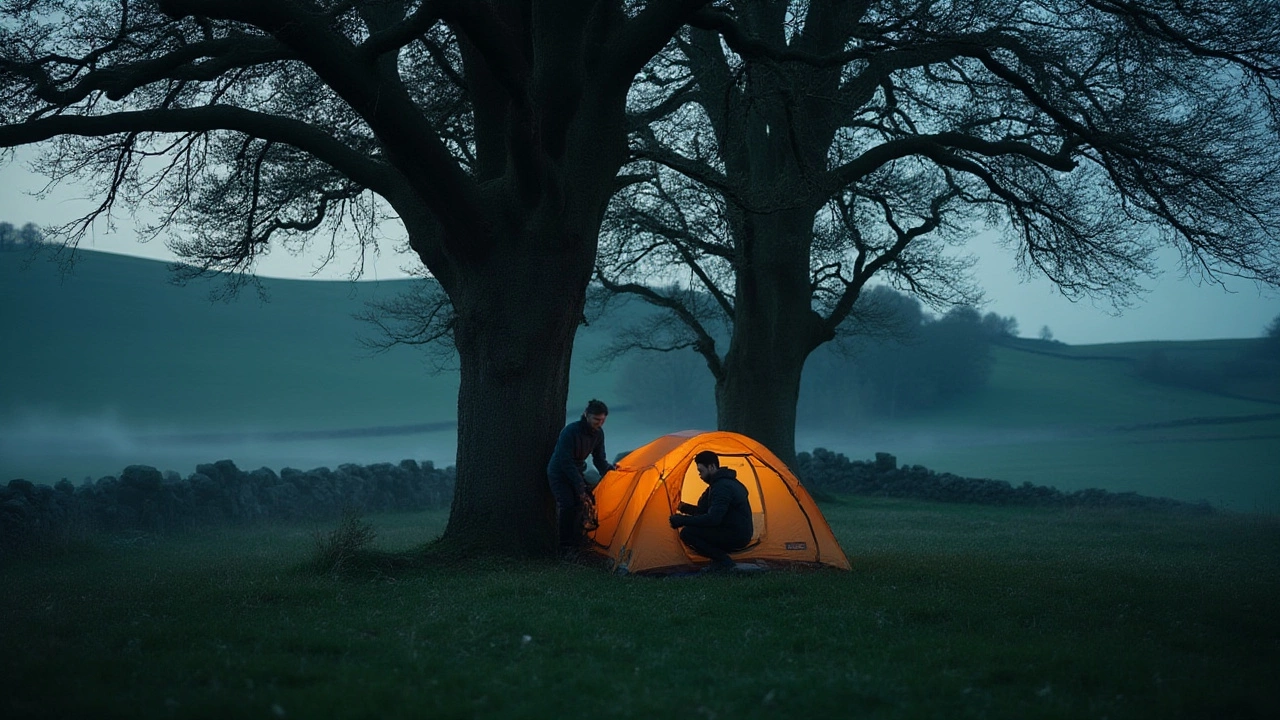Camping Regulations Britain – The Essential Guide
Thinking of sleeping under the stars in the UK? You probably love the freedom, but you also need to know the rules. Ignoring the law can mean a fine, a rude rattle from a ranger, or even a forced move. This guide breaks down where you can camp, what you can’t, and how to stay on the right side of the law while still having a great time.
Where You Can Camp Legally
First off, most official campsites are safe bets. They’re managed, have hookups for water and electricity, and you pay a modest fee. Look for sites listed by the Camping and Caravanning Club or local councils – they’re usually up‑to‑date on any restrictions.
If you want to pitch on private land, get written permission from the owner. A quick text message isn’t enough if you’re pulled over; a signed note or email works better. Many farmers and landowners welcome a low‑key camper for a night or two, especially if you leave the area clean.
Public land is trickier. In England and Wales, most forests, commons, and beaches are not free for overnight stays unless a sign says otherwise. Check for "no camping" signs or local council pages before you set up. In contrast, Scotland operates under the Right to Roam – you can wild camp on most land as long as you follow the Scottish Outdoor Access Code.
Wild Camping Rules and Tips
Wild camping is tempting, but you need to respect local guidelines. In Scotland, you can pitch anywhere that isn’t a house, a garden, or a farmer’s livestock area. Stay at least 30 metres away from homes, keep your fire small (or better yet, use a portable stove), and leave zero trace. The same spirit applies in England and Wales – even though the law is stricter, many landowners turn a blind eye when you’re tidy and discreet.
National parks have their own set of rules. Some parks, like the Lake District, allow wild camping only in certain zones, while others, like the Peak District, ban it altogether. Always check the park’s website before you head out. If you’re unsure, a quick call to the local ranger office can save you a lot of hassle.
Here are three quick habits that keep you legal and welcomed:
- Leave No Trace: Pack out every piece of litter, fill in any fire pits, and keep the ground level.
- Stay Small: Use a compact tent or a bivvy bag. The less you impact the site, the more likely you are to avoid a warning.
- Be Ready to Pack Up: If a landowner or ranger asks you to leave, do it calmly and promptly. A friendly attitude often leads to better advice for your next spot.
Finally, remember that rules exist to protect the countryside and keep it enjoyable for everyone. By following them, you help preserve the wild beauty that makes Britain such a great place to camp.
Ready to hit the road? Grab your map, check the local council pages, and enjoy a hassle‑free night under the British sky.
-
 VIEW POST
VIEW POSTIs Stealth Camping Legal in the UK? Laws, Risks, and Insider Tips
Jul, 13 2025|0 CommentsGet the real deal on stealth camping in the UK: UK law, risks, what happens if you get caught, and how to stealth camp smarter. No fluff—just facts and honest tips.